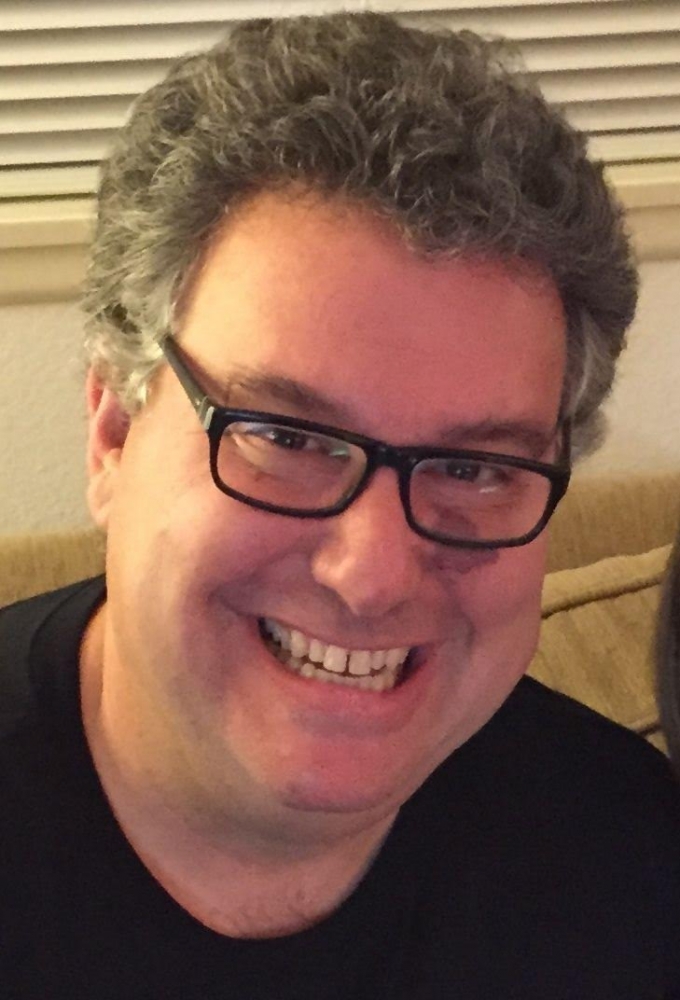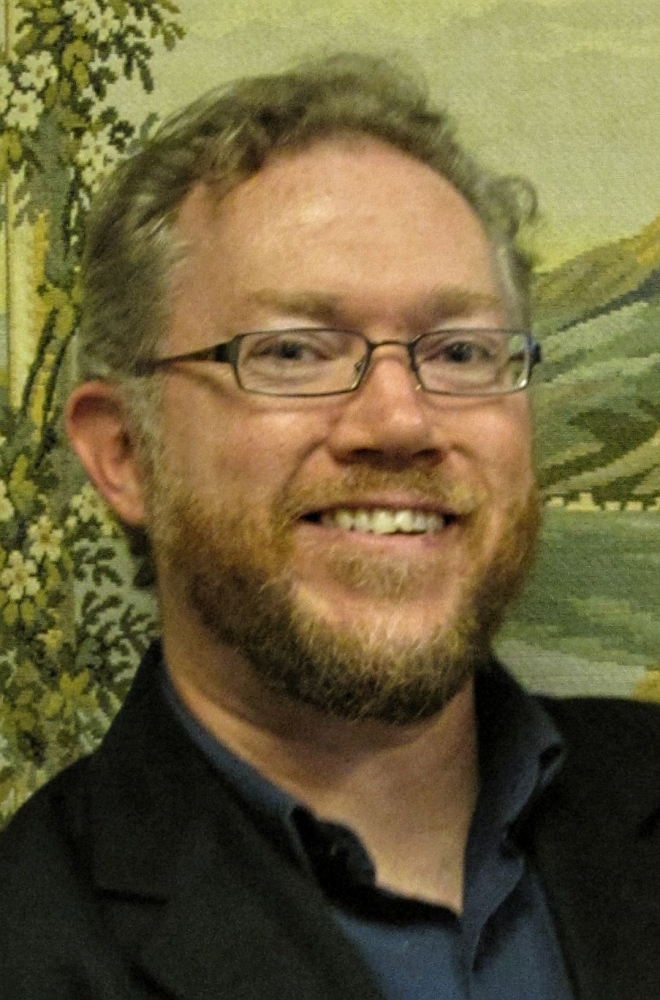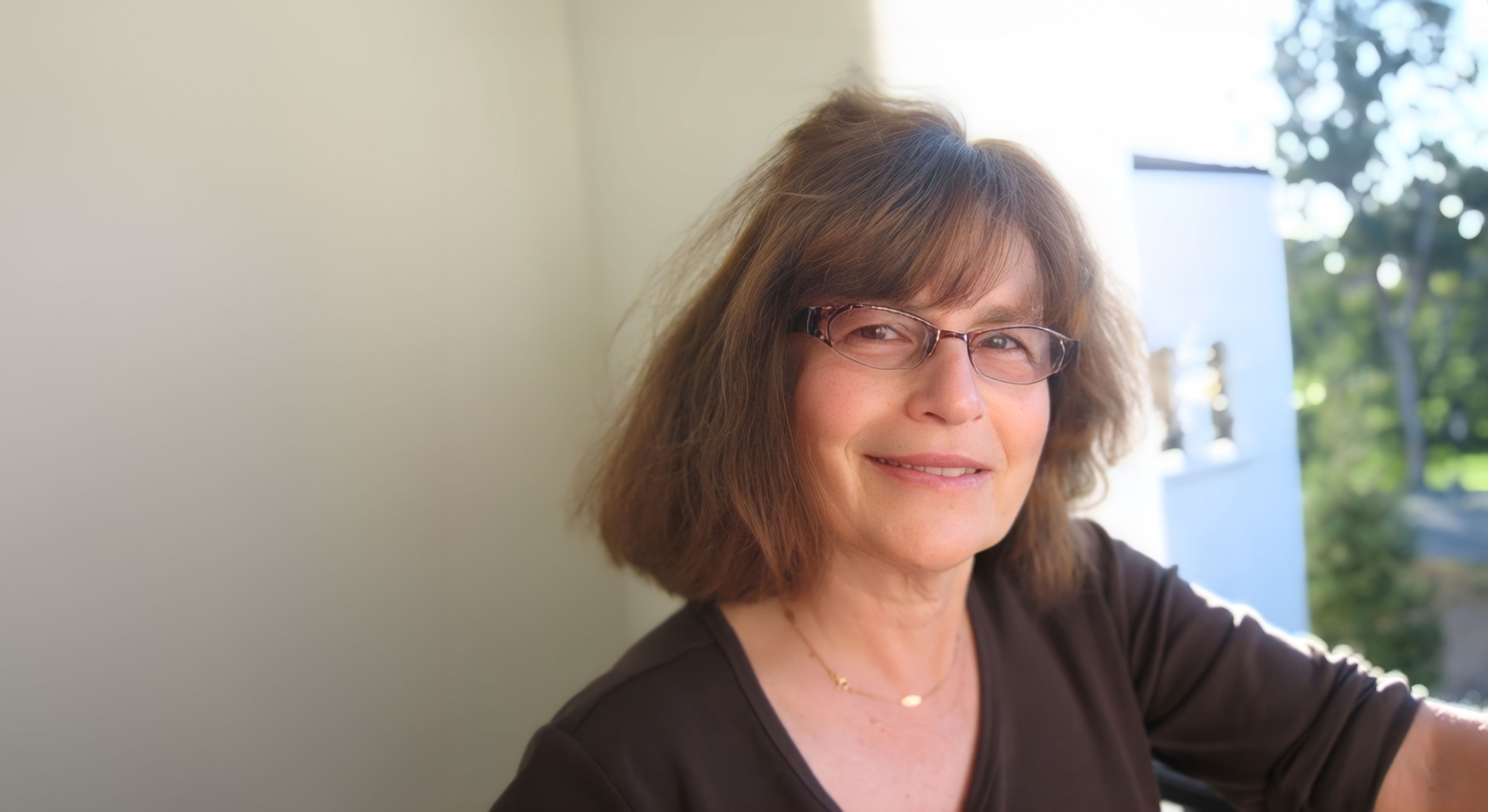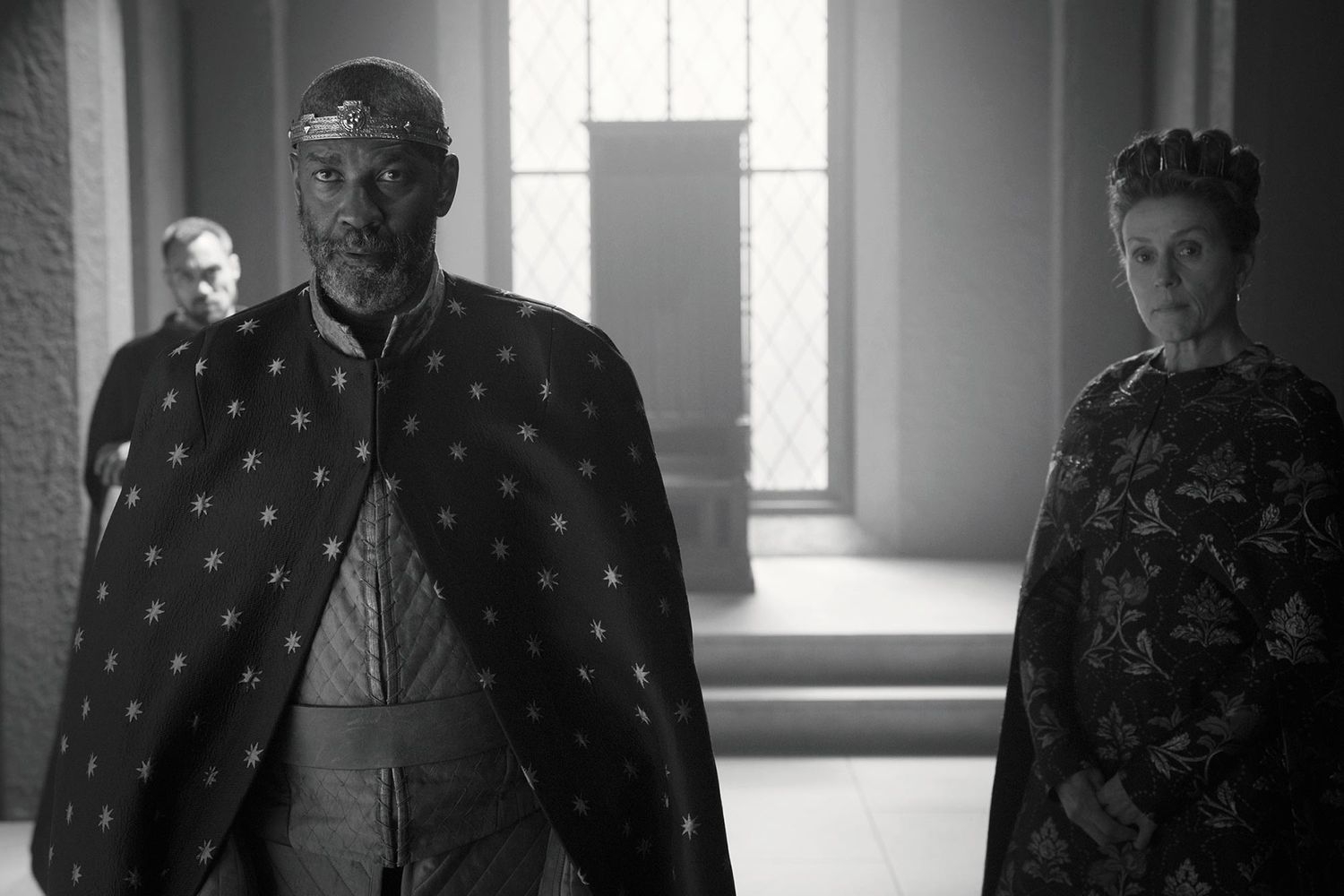
Tag-Team Shakespeare


In a small theater at UC Santa Barbara, Irwin Appel and James Kearney are plowing new ground in an old field: the works of William Shakespeare. Appel, a professor in the Department of Theater and Dance, and Kearney, an associate professor of English, are co-teaching a unique course designed to immerse incoming freshmen in the wonders of The Bard and the college experience.
The class, “Experiencing Shakespeare,” is part of the new Arnhold Literature and Performance Initiative in the Division of Humanities and Fine Arts. Founded through a generous donation by John and Jody Arnhold, the initiative provides stipends for the instructors and four graduate teaching assistants, plus scholarships for the students.
“The idea was to give them the first exposure to academic life at UC Santa Barbara in this really unique eight-unit course,” said John Majewski, the Michael Douglas Dean of Humanities and Fine Arts. “We hoped to expose students both to the arts and the humanities and get them revved up about that, so that it might influence the rest of the careers in terms of what courses, minors or majors they might be interested in taking.”
Administered through the Freshman Summer Start Program, “Experiencing Shakespeare” meets four days a week for three hours over six weeks. The course dives deep into the rhythms and pulse of Shakespeare. By approaching it as both theater and literature, Appel and Kearney are able to bring texture and life to the works that a single tack wouldn’t. “In this approach, there’s this materialization of the play; it becomes very real for them,” Kearney said.
The first half of the course was devoted to “Much Ado About Nothing,” which, by no small coincidence, was being rehearsed and later performed by Naked Shakes, UCSB’s acclaimed Shakespeare company. (The second half will focus on “Othello.”)
Appel, who is Naked Shakes’s artistic director, noted that the class is also assisted by four undergraduate mentors, all of whom are members of the company and performing in “Much Ado.” Bringing them into the classroom, he said, gave the play energy and depth when it was read in class. It even gave Appel new insights into preparing for a play.
“It’s actually changed the way I’d like to rehearse some plays in the future,” Appel noted. “To me, what this has done is it’s opened up different ways of involving course work with our production process. We’ve always looked at our production process as a relatively closed one; by definition you rehearse a play for a few weeks in a closed room and then you present it to your audience. But in this particular case we actually rehearsed some scenes in the class where we involved the students, and it taught us how to do the scenes in a way that couldn’t have been discovered in the rehearsal itself. And I thought, ‘I want to do this again somehow with this course, where we feel that it would be always great to have a production associated with this course.’ ”
The actors also allowed the students a kind of permission to participate, Kearney said. “Because the actors are so confident and comfortable, it helps the other students to be confident and comfortable,” he explained. “We have a lot of participation in this class; we have students willing to get up and do their thing.”
“I think we’ve tried to create an environment where people feel open to participate,” Appel added. “Jim and I feel that for most of the students, we’re setting the tone for them for the entire college career and experience. Hopefully this is the way they will go with their other professors, their other classes and have the courage to participate.”
The students say the course has exceeded their expectations. Nicholas Freedson and Sierra Hastings, both freshmen who plan to major in theater, said the course opened their eyes to a deeper Shakespeare. “The mixture of theater and English is great because they complement each other so significantly,” Freedson said.
For Hastings, Appel and Kearney’s approach in the classroom has given her the confidence to fail with aplomb. “I feel like both the professors have done a really good job of making it an environment where it’s OK to not be right,” she explained. “It’s OK to mess up, to take a big bow and say, ‘I failed.’”
Appel and Kearney, meanwhile, say the course has been a revelation. Focusing on freshmen and teaming theater and English professors to teach Shakespeare has proved to be an ideal approach. “We really credit Dean Majewski,” Appel said. “I believe it was his idea that we really work with the Freshman Summer Start Program. And we also credit Ralph Gallucci, who’s the head of the program, because he’s been amazingly helpful and supportive of this class.”
And as Shakespeare was a revolutionary force in the theater and in literature, Appel and Kearney say that the class could lead to an entirely new approach to presenting The Bard in the classroom.
“We are tremendously excited about this,” Appel said. “I was excited going in, but I didn’t realize how profound this would be so far. We feel we have to continue it, and I want John Arnhold to know that, and that that this has been even more amazing than we conceived. We’re not even halfway through. This is the future, I think. This is something that we might be able to present as a model going forward in how to teach Shakespeare at the university.”



